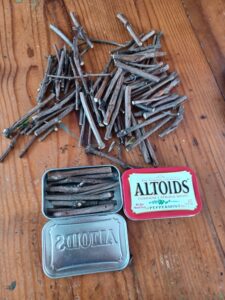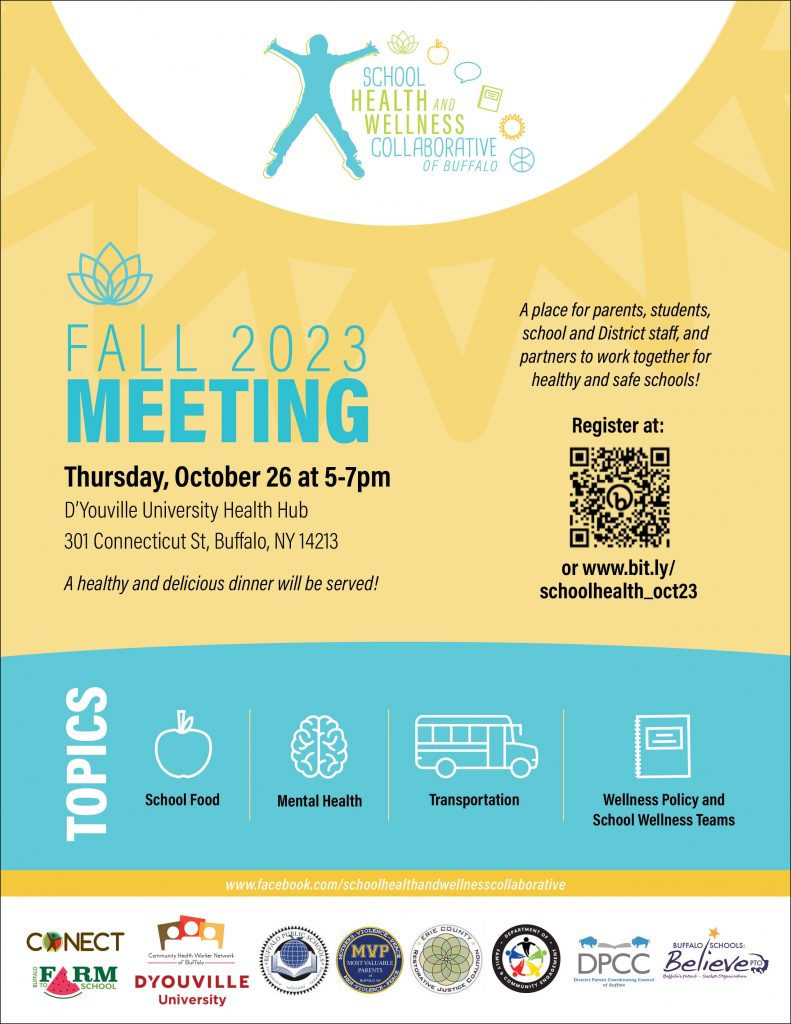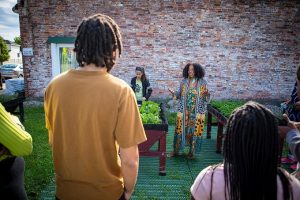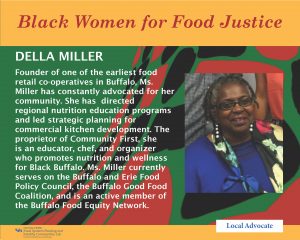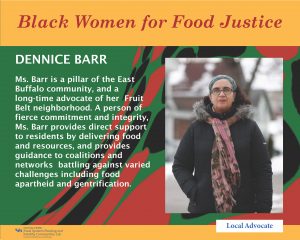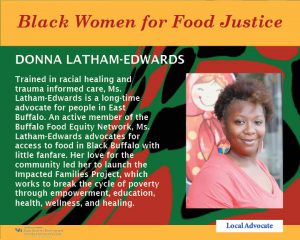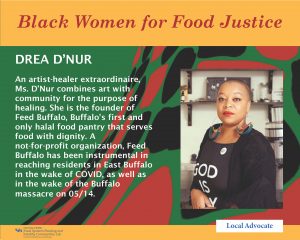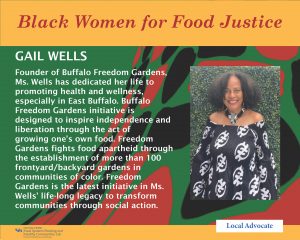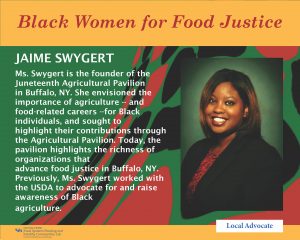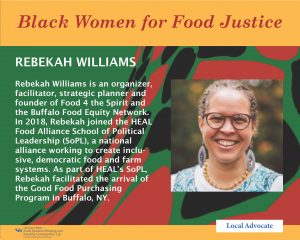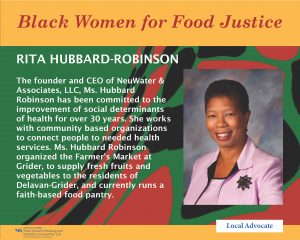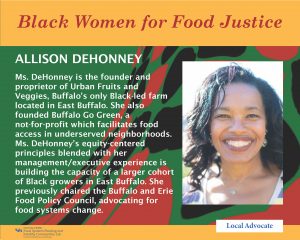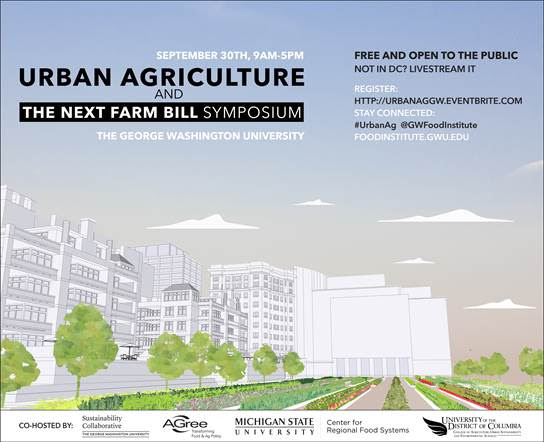A zine titled Foraged Art Materials in So-Called Western New York, prepared by UB Food Lab faculty affiliate Professor Alissa Ujie Diamond, is an invitation for readers to explore foraged art materials. She writes, “‘fine’ art supplies, the kind you buy at the store will generally give you consistent, replicable, and stable effects. Foraged supplies are unpredictable: they change as they dry, fade, break, fray, color and shade-shift, get moldy, bubbly, are often pH reactive, act out when contained, get gassy on the shelf, and are all-around much more weird.” The zine includes a poem:
Foraging Poem (for Consideration)
by Alissa Ujie Diamond
Who belongs to this land?
Who does this land belong to?
How did you get here?
How did these plants get here?
What makes a place?
What makes a home?
Was I invited?
Did you know these plants are alive?
Did you bring anything to off er to them?
What do you need?
Do they need from you?
What is the right thing to say to a plant when
you ask for its leaves?
Excuse me? Thank you? Bless you?
How will I know if fruits don’t want to be taken?
Download the free printable zine here: Foraged Art Materials [with print and assembly instructions]
